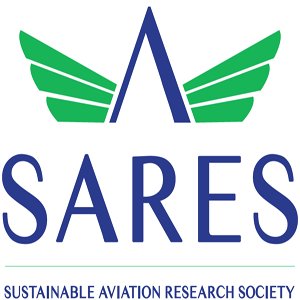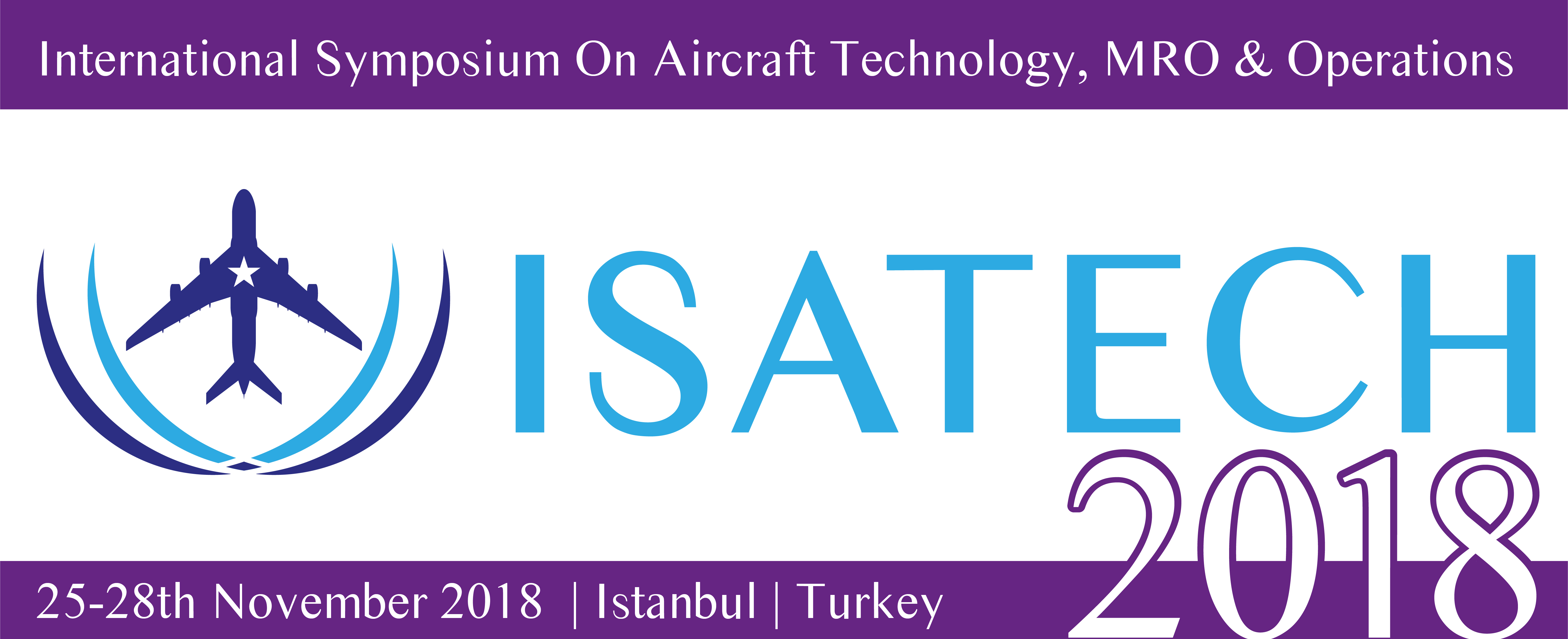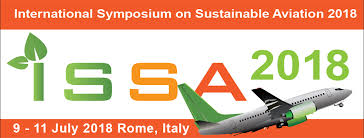About ISSA
Symposium Objectives
The aviation industry is one of the fastest growing industries in the world. It can be viewed as making a positive contribution to sustainability. ISSA, international, multi-disciplinary symposium, aims to address current issues in the field of aviation such as improving aircraft fuel efficiency, fostering use of biofuels, minimising environmental impact, mitigating GHG emissions and reducing of engine and airframe noise.
Symposium Format
The format of the ISSA-2019 will be arranged with the following major elements as general papers presented in oral and poster sessions, keynote papers by invited speakers, and specialized sessions on special topics. There will also be social events and pre- and post-symposium tours. High quality papers of archival value will be considered in extended form for publication in various reputable international journals.
Symposium Topics
The Symposium welcomes a large number of topics as follows, but not limited to:
- Sustainable aviation and aerospace vehicle
- Sustainable aircraft, helicopters, missiles, launchers and satellites design, technological change, innovation, research and development
- Mathematical modeling, numerical/experimental methods, optimization
- Green aircraft
- Green airlines
- Green airports
- Green engine
- Green aerospace vehicle
- More Electric Aircraft (MEA)
- All Electric Aircraft (AEA)
- Renewable energy sources; alternative/green aviation fuels
- Energy recovery systems, alternative/renewable/clean energy technologies
- Life cycle design and life cycle assessment; cost efficiency; waste / recycling
- Environmental Modelling & Software
- Environmental impacts and measurement techniques: emissions/noise/radiation, global warming/climate change
- Mathematical modeling, numerical/experimental methods, optimization
- Air conditioning and refrigeration applications of aircrafts
- Energy, exergy, performance analysis, flight mechanics and computational fluid dynamics
- Energy
- Exergy
- Performance analysis
- Flight mechanics
- Computational fluid dynamics
- Propulsion technologies for aerospace vehicles
- Combustion instabilities, innovative combustion technologies
- Mathematical modeling, numerical/experimental methods, optimization
- Avionics and auto control
- Avionics
- Auto control
- Aerospace vehicle materials, measurement techniques and sensors
- Design, management, planning, development
- Aerospace vehicle strategic planning, governmental legislation, policy-making
- Aviation management, fleet planning/scheduling; air traffic management; future air transport
- Airport design, management, planning, development
- Aircraft maintenance, repair and overhaul; airworthiness, reliability/safety





